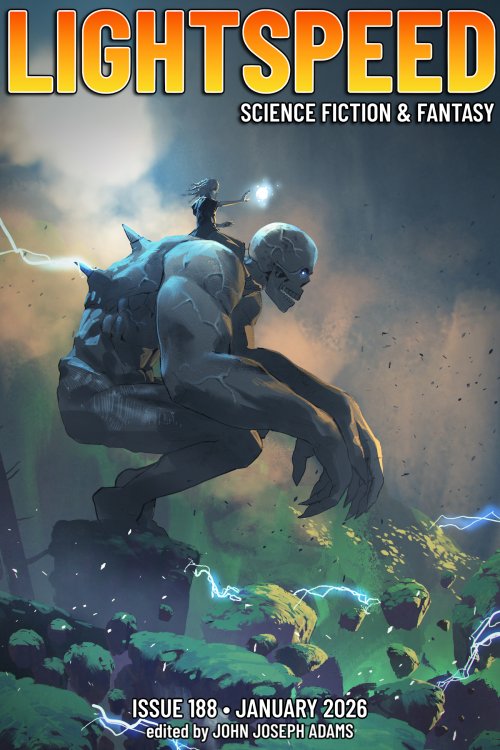We lost because we fought.
In the beginning, everyone thought it was irresistible, the violence. No research had been done yet; no autopsies undergone. The news about these strangers from the stars didn’t even break nationally until their corpses numbered in the hundreds, sprawled on street corners and train cars, at shopping malls and playgrounds, silent and glad in their death.
As pockets of the world continue to go dark, we ask ourselves pointless questions. Could we have resisted? Why didn’t we at least try? Is this all we are, just meat and hate?
Naysayers sprung up from the ashes of our dying world like weeds. We’re supposed to kill them! They’re built to die. Didn’t you read the news? These fucking animals are built to make us kill them; they aren’t meant to survive.
Which, of course, is the point. Earth was able to comfort itself for the first few months, drugged on the convenience of our biology. They had pheromones that intoxicated, drove humans to violence. The world shrugged. Whatcha gonna do? We salivate at the smell, our palms itch at the sight, we are Pavlov’s dog and blood is on our muzzle.
How’s it our fault? Your existence rang the damn bell, friends.
Until that day in Stockholm, it was taken as fact: No person could resist. When that old man brought one of them home, wrapped in a blanket, you could feel the planet shiver. Never mind the toxicology reports that broke worldwide weeks later, a whisper among the shouts of a civilization realizing they were ending. Never mind the numbing comfort that only one percent of humans were not affected by these pheromones, unable to be driven to unspeakable violence at the mere glimpse/scent/touch/taste/knowledge-that-even-in-the-dark-they-are-there of these aliens.
Never mind that was exactly what they wanted to happen, what they had evolved toward like a molten length of steel beaten into the shape of a blade. Violence was the seed they planted in us. In their death, we planted them into the earth and watered them with blood.
Like dandelions, they spread through their own destruction. The body sacrifices, says goodbye to its myriad parts, and dies so that the majority may live.
And unseen, yet in the air, on our knuckles, coating our lungs, they spread.
It was four months later that the panic started.
“I thought it was one of them,” she sobbed, her voice breaking like bullet-kissed glass. “I didn’t know . . . I didn’t know!” The news said she had been eating with him across the table; they had been talking about a new job offer. She said it was like a switch had been flipped; she took a sip of her drink, she laughed at his joke, she drove her steak knife into his throat.
She only noticed when she saw drops of red in her glass, diluting the rosé, turning it merlot with unspeakable regret.
Everyone at the crime scene had lungs that needed air. Masks and respirators were the tools of the paranoid and anxious; no one had wanted to wear one when illness was visible, why would they start now?
By this point, there were no more strangers from the stars. Only mountains of corpses, bulldozed and collected on corners by furious workers, enraged even at the sight of their limp forms. They stopped appearing on street corners and in restaurants. They stopped hailing cabs and browsing bookshelves. They stopped putting change in vending machines and watching the clouds.
By this point, we have become the strangers from the stars. Why need more arrive? They’ll be here soon enough.
We who remain eke out a living, trying as best we can to avoid them, those who used to be us. New DNA dances through them, their pheromones tickling the minds of those last few who have yet to succumb.
They’re building something; every day, new knowledge arrives from other stars, blooming in their minds. They grow. They change. Even as we shrink from the light, they yearn toward it. It’s a light we cannot see or fathom, but they work toward it, an alien sun calling them home. Asking to be let in.
It won’t be long. This is their garden now.
Dandelions used to be the weeds. We didn’t suffer them, not for a moment. You can’t let them grow. You can’t let them choke the flowers.
But when your whole garden is weeds, it’s the flowers that don’t belong. And when the sun finally belongs entirely to them, we’ll only have wished we were stronger—that we’d left the dandelion whole, unblown.
Enjoyed this story? Consider supporting us via one of the following methods:










